Innovative Attract-and-Kill Strategy for Subterranean Pest Control Published in Chemical Engineering Journal
Recently, the Innovation Team for Monitoring and Control of Cash Crop Pests at the Institute of Plant Protection, Chinese Academy of Agricultural Sciences (IPPCAAS), published a research article titled“Polysaccharide gel beads co-loaded with yeast and insecticide for sustainable and targeted control of subterranean pests via attract-and-kill strategy”in Chemical Engineering Journal (Impact Factor: 13.4).
This study developed a novel CO₂+CLO@CAG capsule using an attract-and-kill strategy that targets root-feeding larvae (white grubs), major underground pests of crops such as peanuts, soybeans, and maize. By leveraging the natural behavior of white grubs, which locate host roots by sensing carbon dioxide (CO₂), the researchers co-loaded the insecticide clothianidin (CLO) and Saccharomyces cerevisiaeinto sodium alginate-calcium gel beads. The yeast ferments starch to continuously release CO₂, mimicking root respiration and attracting the pests, while CLO kills them on contact.
The CO₂+CLO@CAG capsules showed sustained CO₂ release for over 35 days and effectively attracted larvae within a 20 cm radius. Laboratory tests demonstrated significantly stronger attractiveness compared to peanut seedlings, and the capsules also mitigated CLO phytotoxicity, while enhancing root growth. Field trials revealed a control efficacy of 86.05%, outperforming commercial CLO granules (62.79%). Furthermore, the system demonstrated strong compatibility with six out of eight tested commercial insecticides, highlighting its versatility.
This innovative bio-compatible delivery system provides a sustainable and precise solution for subterranean pest control, offering new perspectives and practical strategies for eco-friendly pest management.
Dr. Cui Chenglong, PhD candidate at IPPCAAS, is the first author of the paper. Prof. Yin Jiao and Prof. Li Kebin are corresponding authors. The study was supported by the National Key R&D Program of China (2023YFD1400905), the National Natural Science Foundation of China (32272542), and the IPPCAAS Fundamental Research Fund (S2024XM24). Significant contributions were made by Prof. Wu Xiaohu, postdoctoral fellow Li Ertao, and PhD students Wang Zhimin and Shangguan Wenjie.
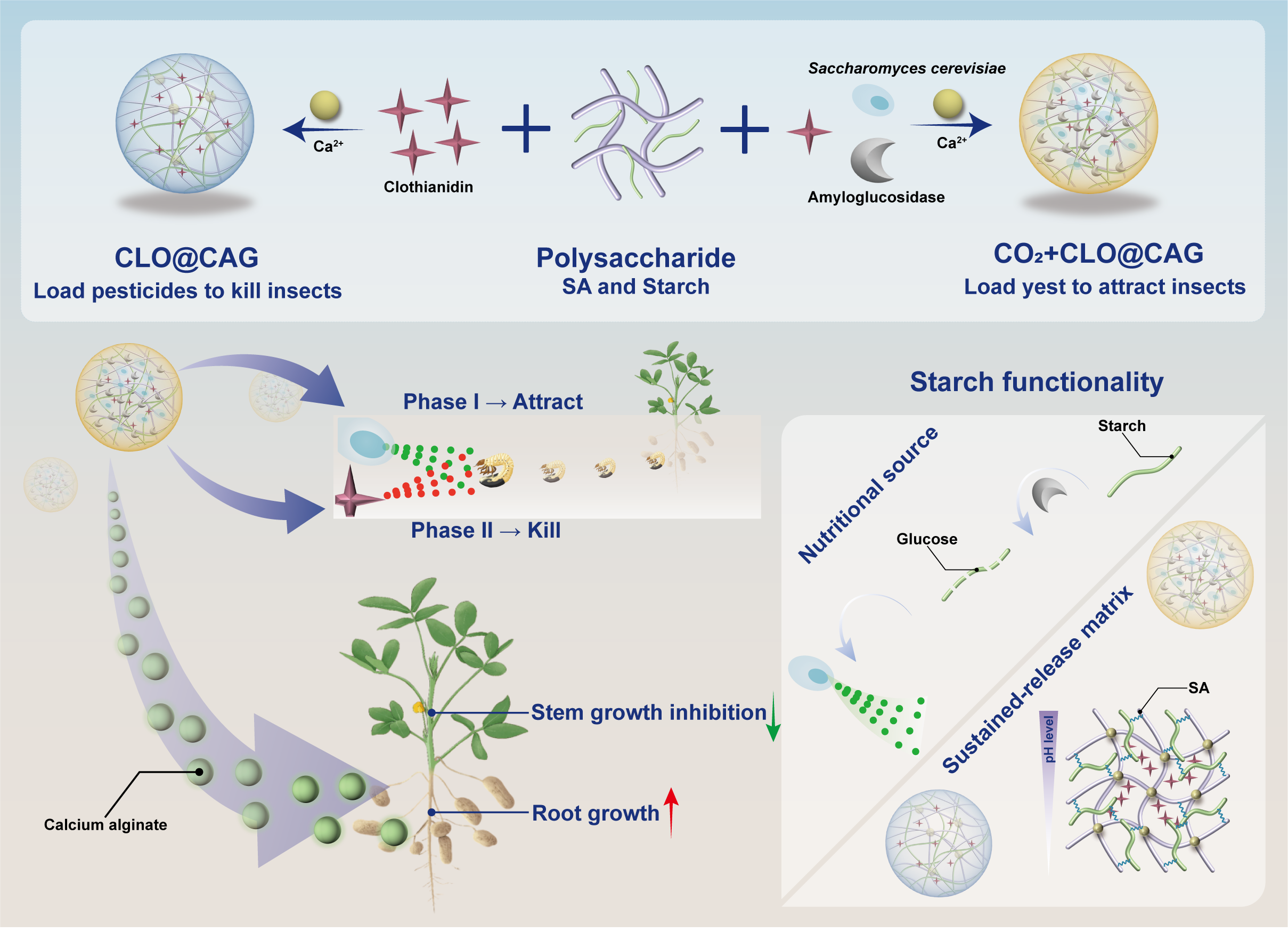
Link: https://www.sciencedirect.com/science/article/abs/pii/S1385894725044869
-
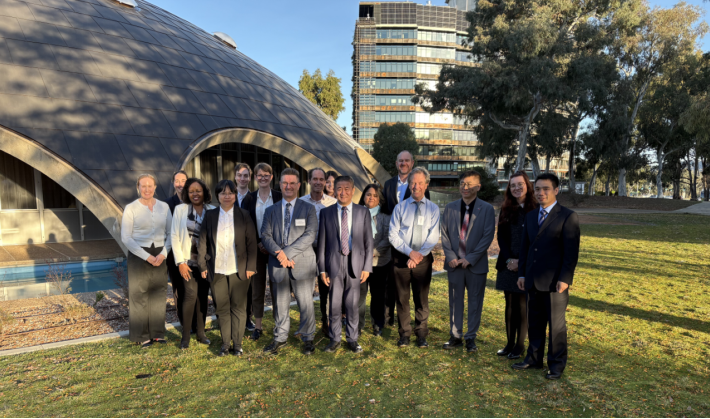 IPPCAAS Experts Visit Australia to Promote In-Depth China–Australia Cooperation in Plant Biosafety
IPPCAAS Experts Visit Australia to Promote In-Depth China–Australia Cooperation in Plant Biosafety -
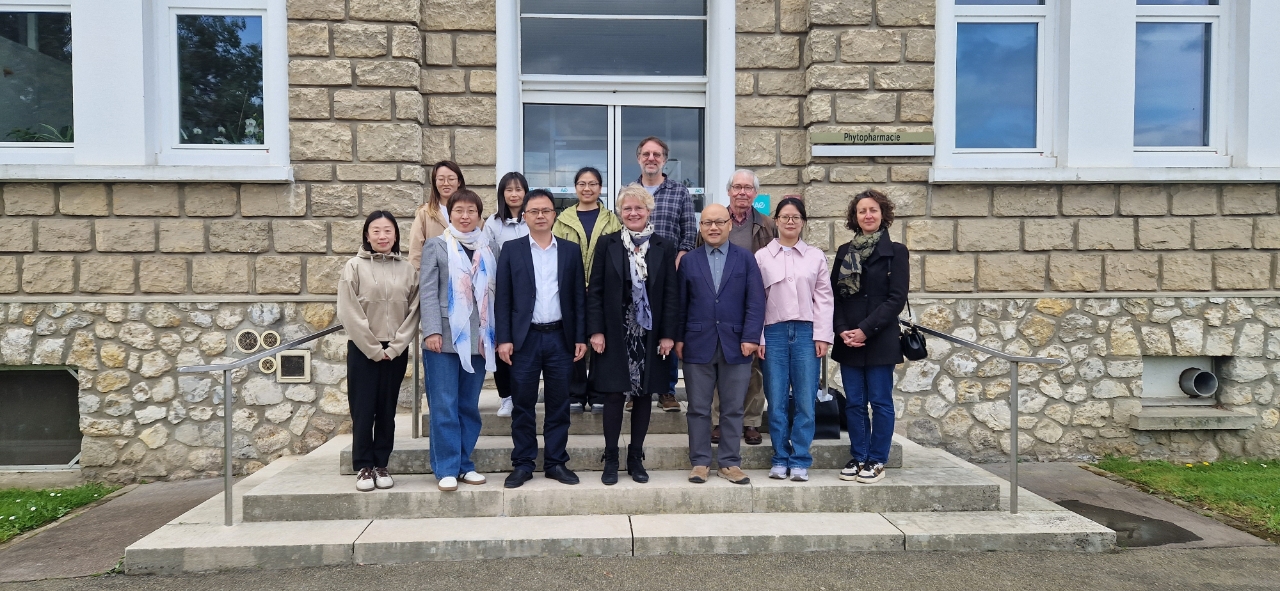 China-France cooperation in plant protection was further strengthened
China-France cooperation in plant protection was further strengthened -
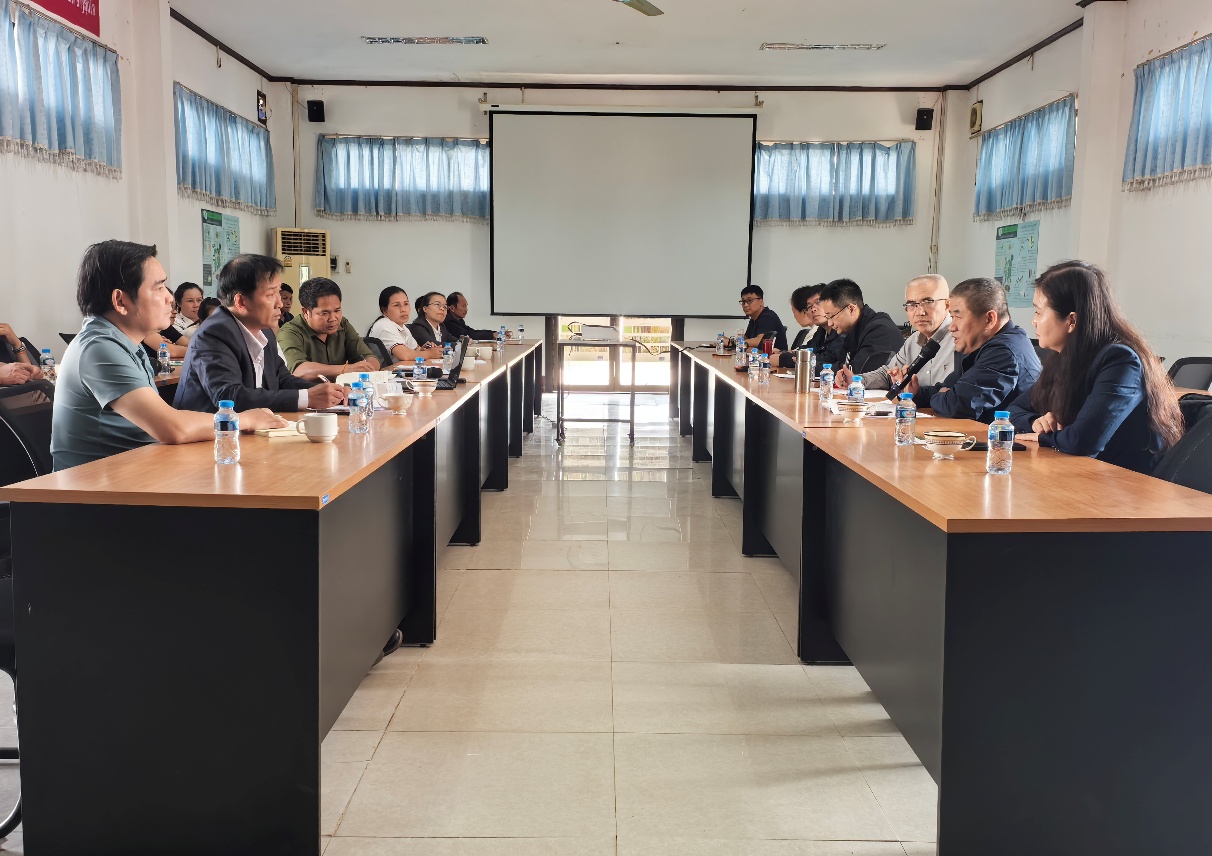 New progress was made for the Lao PDR – China Joint Laboratory for Plant Protection
New progress was made for the Lao PDR – China Joint Laboratory for Plant Protection -
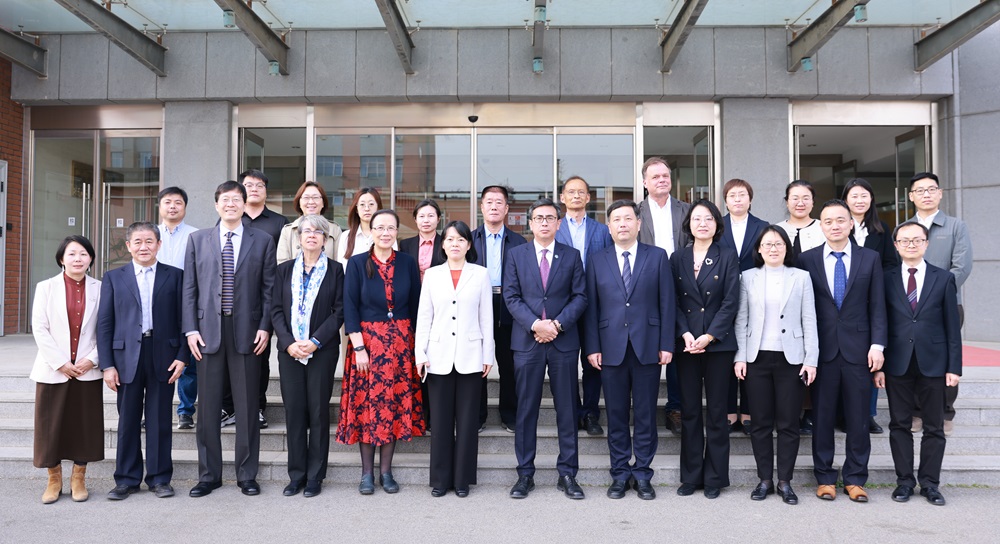 Collaboration on sustainable agriculture practices highlighted at the MARA China – CABI Joint Lab meeting
Collaboration on sustainable agriculture practices highlighted at the MARA China – CABI Joint Lab meeting
